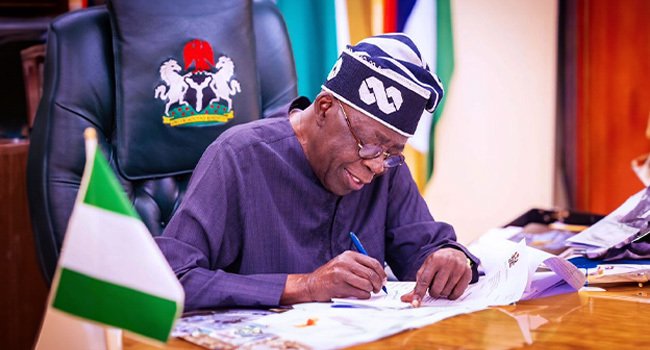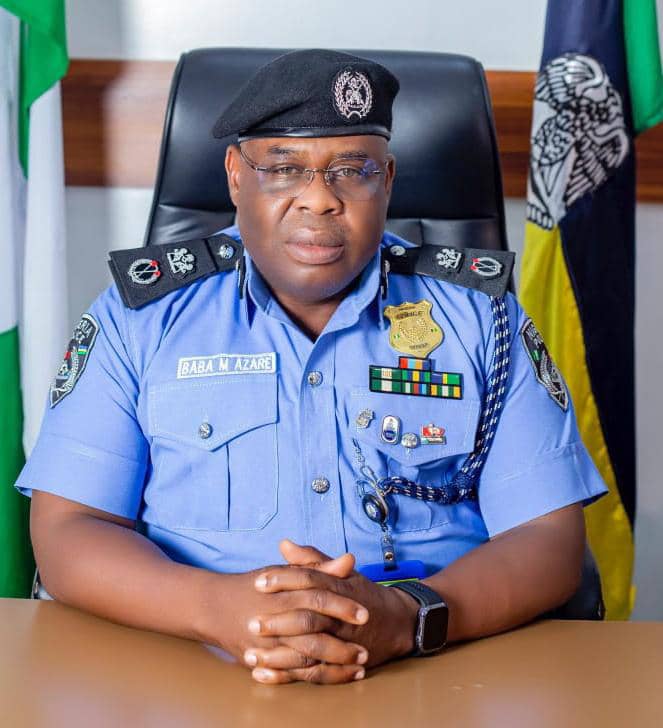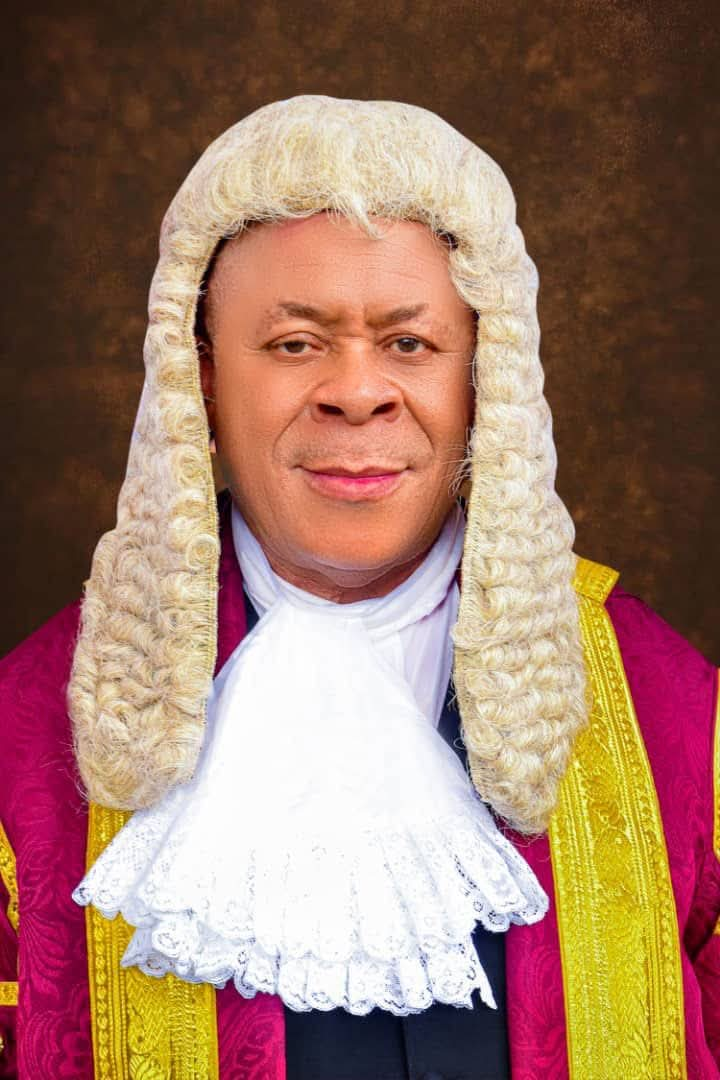Tinubu’s commitment to host UN Counter-terrorism Centre now hazy
President Bola Tinubu has allegedly withdrawn his earlier nod for Nigeria to host a permanent United Nations Counter-Terrorism Centre (UNCCT) in Abuja.
This is said to have troubled both domestic security officials and international stakeholders who have been working on the initiative for about two years now.
Diplomatic sources are said to describe Tinubu’s about-face as “abrupt and deeply disappointing”, The Southern Examiner reports.
Series of high-level meetings and formal agreements in hand appeared to secure Nigeria as a regional hub for counterterrorism coordination under the UN framework, the report says.
Senior National Security officials claim that President Tinubu privately communicated his opposition to the office’s establishment in Abuja, citing unspecified “sovereignty concerns” and the need to “reassess Nigeria’s internal capabilities.”
This sudden shift has upended months of coordination and stunned UN stakeholders who had expected an announcement of the center’s formal inauguration by July 2025.
“This is not just a diplomatic embarrassment; it’s a breach of faith”, a concerned security official said. “We were given every assurance. To reverse course at this stage leaves us isolated and disoriented.”
The State House claims that President Tinubu insisted the initiative remains firmly under African Union (AU) control, rejecting his NSA Ribadu’s proposal to integrate the project within the United Nations Counter Terrorism Centre (UNCCT), citing complexity and sovereignty concerns.
“Establishing an all inclusive AU Ministerial Committee on Counter Terrorism is a high priority for the president,” one Aso Rock source reaffirmed, invoking Tinubu’s May 2022 AU Extraordinary Summit Declaration, where he reinforced existing institutions like the Regional Intelligence Fusion Unit (RIFU) in Abuja, the African Centre for Study and Research on Terrorism (ACSRT) in Algiers, and CISSA in Addis Ababa, as well as maintaining a regional standby counter terrorism force.
Tinubu also highlighted financial implications, noting an annual budget of $2-3 million would be needed for the UN office; funds he believes should instead bolster AU led regional frameworks.
But Ribadu, leveraging his strong ties with Western intelligence agencies and UN partners, has pressed for a permanent UN office co-located with Nigeria’s NCTC, backed by about 20-30 staff and tasked with regional intelligence analysis, operational coordination, and capacity building.
While a quick resolution is expected in the weeks ahead as negotiations unfold, the UN office proposal remains under formal review, while the AU Ministerial Committee model gains renewed political momentum. The outcome is likely to define Nigeria’s counter-terrorism architecture for years, determining not just who leads but also who watches, and who may seek to stay hidden from view.
With ECOWAS, the AU, and donor nations monitoring the situation closely, the fate of the proposed UN office remains uncertain. One diplomat warned that if Nigeria does not follow through, the office could be relocated to a more willing host such as Ghana or Senegal.



